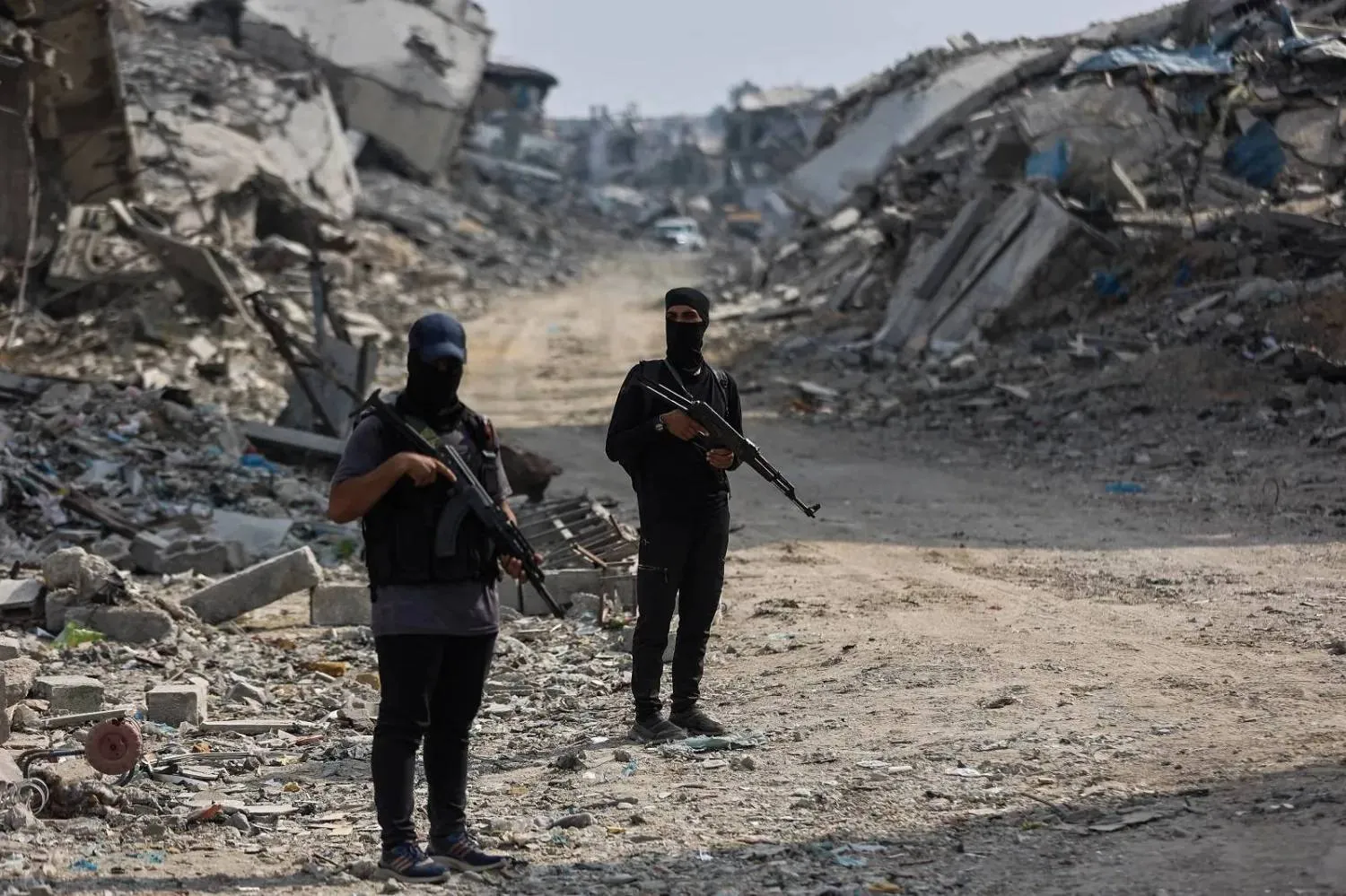Head of Russia’s Federal Security Service (FSB) Alexander Bortnikov warned on Wednesday that ISIS will try to regroup and form a new “global terrorist network” after it is defeated in Syria and Iraq.
Speaking in the Russian city of Krasnodar at a summit of 74 law enforcement agencies, Bortnikov said that terrorists are “deliberately” going beyond the Middle East to establish “hotbeds of tension and armed conflict” in unstable areas.
His remarks came as Russian President Vladimir Putin expressed confidence in the ability to eliminate terrorist organizations in Syria.
"I am confident that we will finally complete joint work to defeat terrorist groups (ISIS and al-Nusra Front) in Syria,” Putin said at a plenary meeting of the Russian Energy Week forum held in Moscow.
Also Wednesday, Russian defense ministry spokesman Igor Konashenkov said Russian forces had killed 12 field commanders of al-Nusra Front in an air strike in Syria, adding the group's top leader Abu Mohammed al-Jolani had lost an arm and was in a "critical condition.'
As a result of the strike, “Jolani received multiple serious shrapnel wounds, lost an arm and is in a critical condition, according to several independent sources," Konashenkov said in a statement.
He said 12 field commanders including al-Jolani's security chief were also killed along with some 50 guards.
More than 10 militants received moderate and serious blast injuries, Konashenkov stated, adding that Su-34 and Su-35 jets were used to target the fighters.
The Moscow-led forces were able to hunt down the group using data obtained by Russian military intelligence on Tuesday and struck just when the militants convened for a meeting.
Since 2017, al-Nusra dominates a coalition of militant factions called Hayat Tahrir al-Sham (HTS).
Despite Moscow’s claims, HTS denied Jolani had been injured, saying he was carrying out his duties as normal, in a statement posted on Telegram.
Konashenkov said the strike on al-Nusra was the result of a special operation to avenge an attack on Russian military police in Syria on September 18.
In a related matter, the defense ministry spokesman accused the United States of hindering the elimination of ISIS.
"The main thing preventing the final defeat of (ISIS) in Syria is not the terrorists' military capability but the support and pandering to them by our American colleagues," he said.
He added that a series of attacks launched by ISIS militants on Syrian regime forces came from an area around al-Tanf near the border with Jordan where a US mission is located.









